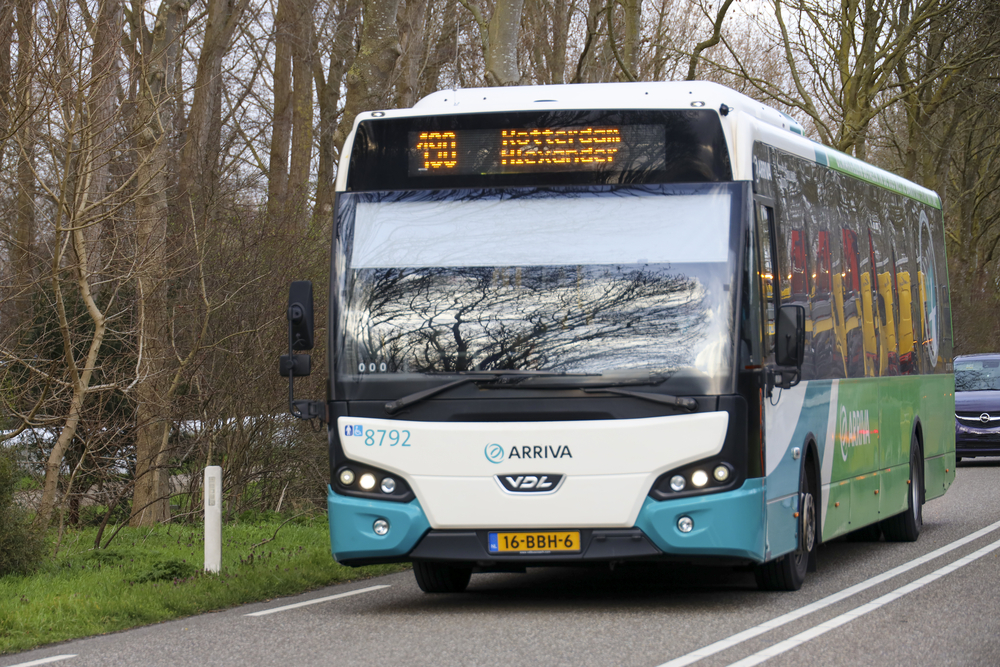Political and labor law concerns follow sale by Deutsche Bahn to I Squared Capital.
The transport world in the Netherlands is undergoing an important shift. Arriva, a leading name in public transport, is changing ownership. Deutsche Bahn, the current owner, has confirmed that it is selling Arriva to the American investment company I Squared Capital. The news is not without political consequences. The sale has caused a stir in The Hague. The complaint states that regional public transport is increasingly coming into private hands, which reduces public control.
Arriva is not just any transport company. The company serves large parts of the Netherlands and is an outspoken critic when it comes to the exclusive licensing of the main rail network to the NS until the end of 2033. According to the Federation of Mobility Companies Netherlands (FMN), of which Arriva is a member, this exclusivity goes against European legislation. A position that the Hague preliminary relief judge does not agree with.
FNV
The consequences of the sale also extend to the provinces where Arriva is active. Politicians there are concerned because an investment company, unlike an entity like Deutsche Bahn, primarily serves interests other than public transport. The concerns are not just political. The FNV trade union is uncertain about the future of approximately 5500 Arriva employees in the Netherlands.

The new ownership structure brings both opportunities and threats. On the one hand, I Squared Capital's expertise in global infrastructure projects could lead to innovations and efficiencies within Arriva. On the other hand, there is a lurking danger of profit maximization, which can be at the expense of services and employment conditions.
For the FNV trade union, the challenge will lie in safeguarding employment conditions and guaranteeing employment for the thousands of Arriva employees. While Deutsche Bahn may have felt more social responsibility as a state-owned company, the new owner is expected to take a more businesslike approach. After all, Arriva is not just a carrier, but also a crucial link in the country's mobility. In ten of the twelve provinces, their buses and trains provide daily connections between cities and surrounding areas, something that should not be underestimated.
Rover
A striking development, as far as Rover is concerned, because there is usually no big money to be made in public transport. If the American company manages to change this, it could be good news for travelers. “To make money in public transport, you need a lot of travelers,” says Rover director Freek Bos. “That means that this company has to work hard to create a good product that sells itself. Hopefully that means more and better public transport.”
I Squared Capital
I Squared Capital is not just an investor. It is a private equity firm with a focus on global infrastructure projects. Their portfolio includes investments in sectors such as energy, utilities and transportation, not only in North America and Europe but also in fast-growing economies such as India and China. This background could well be an indication of the direction Arriva is taking under the new owner, although this is still purely speculative at the moment. What is certain is that Arriva is an important player in the Dutch mobility sector, active in ten of the twelve Dutch provinces with both buses and trains.
The sale of Arriva to an American investment company marks a new phase for Dutch public transport. While politicians consider the consequences for public ownership and employees wonder what the future holds, one thing is certain: the cards have been reshuffled in an industry in which the balance between private and public ownership is increasingly being questioned.



